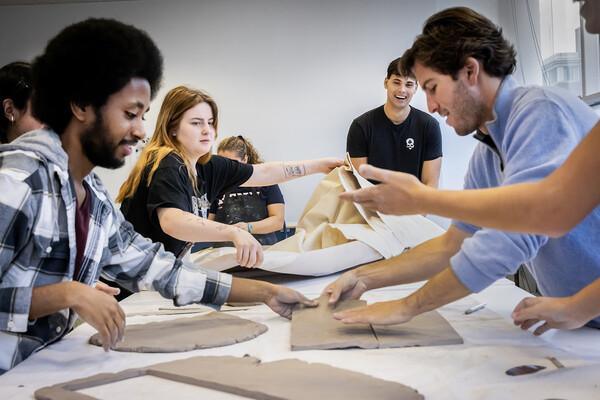Penn Islamic history prof talks ‘Getting Crusaded’
From 1095-1291 C.E., Christians from Europe launched a series of campaigns against Muslims in the Middle East known as the Crusades, a succession of holy wars to remove Christian religious sites from Islamic rule.
Most of the works written about these events tell the history of the Christians who sought to conquer Muslim lands in military efforts sanctioned by the Catholic Church.
However, Paul M. Cobb, a professor of Islamic history in the Department of Near Eastern Languages and Civilizations in the School of Arts & Sciences (SAS), explores the Crusades from the perspective of the Muslims being invaded or, as he says, “crusaded.” His forthcoming book is “The Race for Paradise: An Islamic History of the Crusades.”
Cobb will discuss “Getting Crusaded: Medieval Islam and the Pointy End of Christian Holy War” at the Penn Lightbulb Café on Tuesday, Nov. 12, from 6 to 7 p.m. at World Cafe Live, 3025 Walnut St.
Presented by the Office of University Communications in partnership with SAS, the lecture is free and open to the public.
In the first half-hour of his talk, Cobb will discuss the Crusades from the point of view of the Muslims, who left rich and detailed accounts of the activities of the European invaders. During the second half-hour, he will answer questions from the audience.
At Penn, Cobb teaches courses on the Middle East and Islamic history, including a class called “Getting Crusaded” that is based on the accounts of medieval Muslim eyewitnesses. He says the events that transpired during the Crusades have been either “celebrated as a triumph of European ingenuity or a cynical perversion of Christian doctrine.”
Cobb says a new truth emerges from the revelatory accounts of those who were "crusaded;" that the Crusades were not, as they are so often depicted, a simple story of good guys versus bad guys.
“What emerges from the Islamic perspective is a more complicated story of border-crossers and turncoats; of embassies and merchants; of scholars and spies,” he says. “All of them were seeking to manage this new threat from the barbarian fringes of their ordered world.”








